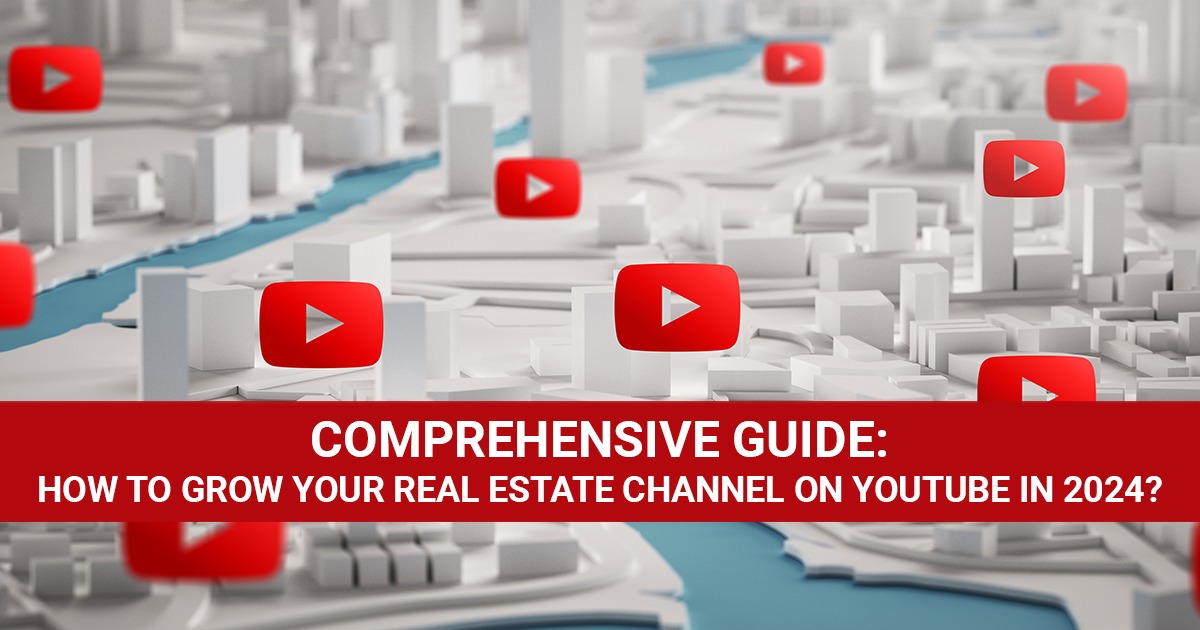How to Become a SEO Expert (Ten Steps Guide)
We’ve been doing SEO for the last 10 years, and in this post you’ll learn the steps you need to follow to become a search engine optimization expert.
Why Everyone Should be an Expert in Search Engine Optimization (SEO)
Before you enter the steps, it is important to understand the difference between a SEO expert and a SEO expert.
An SEO expert is someone who knows how SEO works and how to apply SEO to increase website rankings in search engines.
An SEO professional is an SEO expert who practices SEO as a profession either by doing SEO consulting, or by providing SEO services or taking clients on a project-by-project basis.
Advantages of becoming an expert in SEO
Increase your rankings and traffic – this is the most obvious reason why someone should aim to become an expert in search engine optimization.
If you know how to optimize your website for search engines, you can take advantage of increased rankings and search engine traffic to earn money online or create a successful online business.
Less reliance on search engine optimization agencies – I know this is not what you expect to read in the SEO blog but this is the truth. If you have internal SEO skills, you can grow your business without relying on outside support.
Reduce costs – If you’re a solo or blogged entrepreneur, you can save a lot of money if you can do SEO yourself rather than having to hire a SEO consultant.
10 Steps to Become a SEO Expert
Now that you are convinced that improving your search engine optimization (SEO) skills is not just about SEO professionals, let’s see how fast you can become an SEO expert yourself.
Step 1: Understand how search engines work
Before you start thinking about search engine optimization (SEO), the first step you should take is to learn how search engines work.
For many people, this may be something they already know (or think they know), but it is always good to start with basic concepts and then move on to more complex theories.
Step 2: Understand basic search engine marketing concepts
Before you get your hands dirty, you should have a general idea of all the different disciplines that make up search engine marketing and not just digital search engine optimizers.
You should have in mind what you expect from SEO and other tools that you can use in conjunction with SEOs to make your online presence stronger.
Step 3: Understand the true meaning of SEO
SEO is not just about keywords and links, it’s much more. The real task of SEO is to provide users with a great experience and give them exactly what they want.
Your goal is not only to get more search engine traffic but also about converting this traffic to frequent visitors and customers.
Step 4: Choose the Optimal Training for SEO
Once you start learning SEO, you’ll realize one thing: there’s a lot of information about SEOs on the Internet and a lot of things to learn and that eventually creates chaos.
If you decide to do it yourself without any help, you’ll end up with an endless list of articles to read and things to try out.
It took me years to learn SEO this way because in 2000 when I started, there were no SEO courses or guides you could read and get all the information in one place.
Nowadays, things are different. People who want to learn SEO can quickly do this by following a reputable course without having to spend long hours searching the internet and reading the article after the article.
Step 5: Stay informed about search engine changes
SEO is not a consistent discipline. SEO algorithms are changing all the time. Google alone has more than 250 changes to its ranking algorithms per year. SEO experts need to know these changes and adjust their SEO campaigns accordingly.
The best way to stay abreast is to follow some SEO websites that have proven to provide information about ongoing changes to SEO when they occur and not too late to do something about it.
Step 6: Choose the right SEO tools
The truth is you can not do SEO alone. There’s a lot of information to process and decisions to make. If you try to do everything manually, you’ll spend your precious time analyzing numbers instead of working on tasks that can get better results.
It’s also true that the cost of search engine optimization (SEO) tools is good but in the long run, the revenue is much higher than the monthly fees you will pay for good SEO.
Step 7: Practice SEO – Do not Keep Theory
SEO is not a theory but mostly a process. The result of a search engine optimization theory should be a list of the actions you can apply to your website and improve your search engine exposure.
The problem is that each site is unique and what may fit for one site may not be the best solution for others. This is why it is necessary to practice SEO actually and not just stay theoretically.
Reading case studies on how others are successful in SEO campaigns is a great way to get new ideas you can use and the inspiration you need to keep trying to get SEO.
Step 8: Show your SEO experience
They say that one of the best ways to learn something is to try to explain it to other people. This is true with SEO as well.
I learned a lot of things and improved my search engine optimization (SEO) skills when I started writing about search engine optimization (SEO).
My recommendation is to start a blog for SEO or a personal blog and share your SEO experiences with other people.
Over time, you’ll find that sharing knowledge is a great way to learn new things about SEO and at the same time help others, which is a very rewarding experience.
Step 9: Be patient
There is no way to talk about SEO and not to mention the word “patience”. Search engine optimization (SEO) takes time to work and should not rush conclusions too early.
Age of pages ranked in top 10 results from Google
SEO is not the fastest way to increase your traffic. If you want immediate results, try PPC campaigns. Search Engine Optimization (SEO) is about creating long-term sustainable businesses by building a solid foundation that will provide you with a natural traffic around the clock 24 hours a day, 7 days a week.
Before making any SEO-related change on your website, you should take note of your classifications and movement (for a period of time), before changing and comparing it with the same time period (in terms of duration), after the change.
Monitor your rankings and traffic and give it enough time to make more decisions.
Step 10: Follow the leads for SEO
Last but not least, on your way to become an SEO expert, you will face a number of difficulties. There will be times when you will be disappointed, frustrated and ready to give up.
Do not worry, this is normal. If you read other people’s stories, you will understand that none of them have become as they are today because they are lucky. It’s the result of hard work and long hours of testing and reading about SEO.
For More Information About : Digital Marketing Training OR get services SEO Services



















